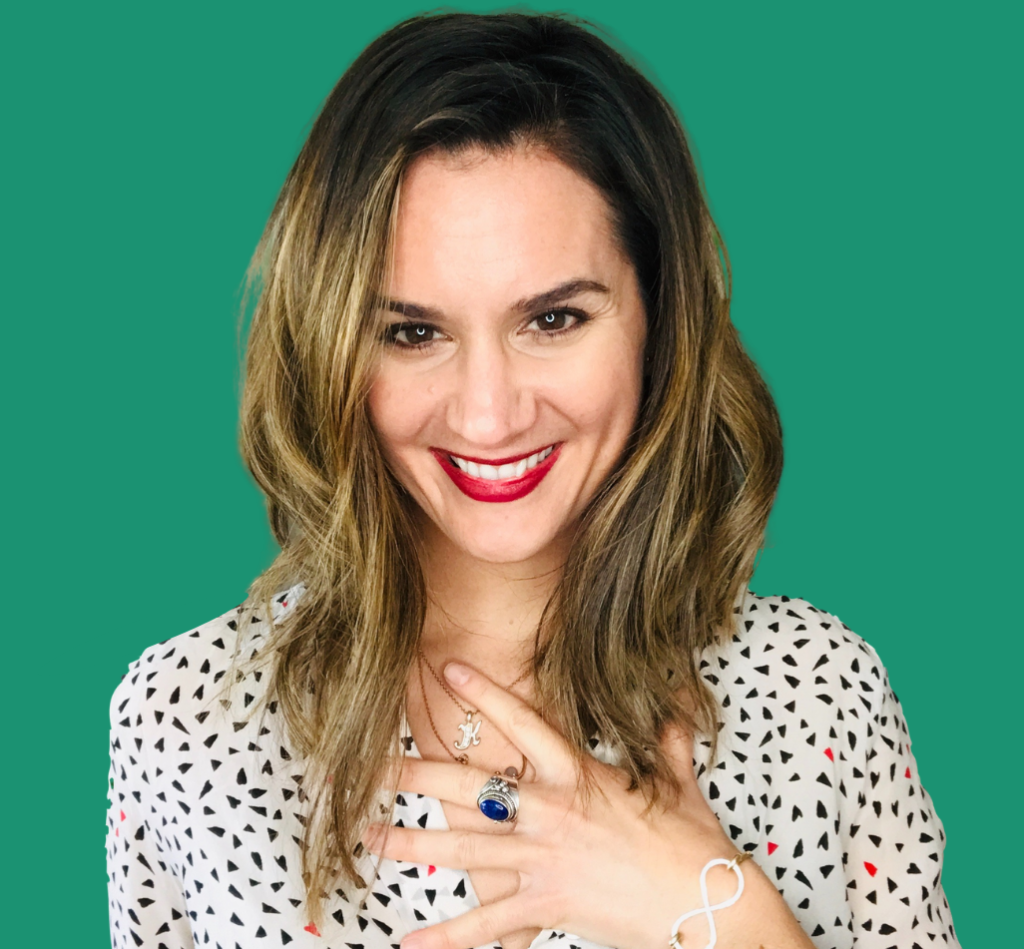Making Stress Suck Less with KD Hurlbutt
In this episode, we talk to KD about burnout, how to make stress suck less, and using your body, breath and brain to figure out and help when you’re stressed.

In this episode, we talk to KD about burnout, how to make stress suck less, and using your body, breath and brain to figure out and help when you’re stressed.

Memorable Moments:
Dear Mind, You Matter is brought to you by NOBU, a new mental health and wellness app. To download NOBU, visit the app store or Google Play.
This podcast is hosted by Allison Walsh and Dr. Angela Phillips. It is produced by Allison Walsh, Ashley Tate, and Nicole LaNeve. For more information or if you’re interested in being a guest on this podcast, please visit www.therecoveryvillage.com/dearmindyoumatter.

KD is a Stanford environmental engineer, burnout prevention coach, creator of The Reset Deck, a card game with 45 ways to make stress suck less, and the CEO of Bask + Being — a company that builds workplace wellness strategies, that well, work. After experiencing her own case of burnout, KD left her role as a brand director and sustainability manager for a Fortune 500 company to become a TEDx speaker and a burnout consultant for companies like Salesforce, Apple’s Media Arts Lab, Kaiser Permanente, and more. Committed to (re)building an economic ecosystem (not an empire) that’s inclusive, just, and equitable for people and the planet. KD weaves accessible science, relatable stories, and practical tools to shift the way people experience stress and sustainability.
Social Media: @curiouslykasey